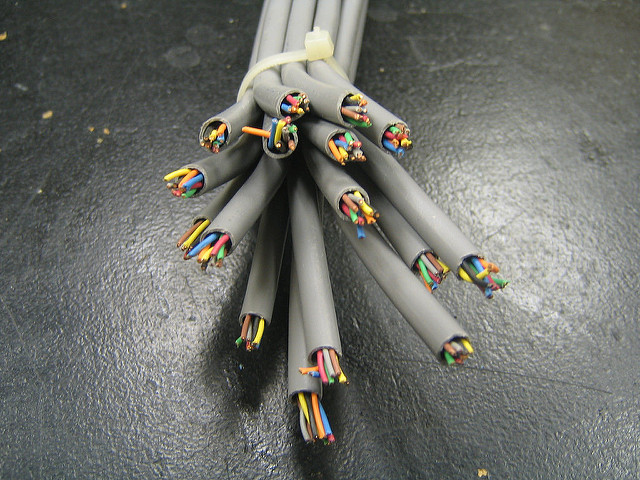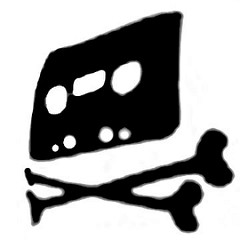
The Recording Industry Association of America and other rights holders are urging US copyright regulators to update the "antiquated" DMCA takedown process. They want Internet Service Providers to filter out pirated content.
What the RIAA and 14 other groups are telling the US Copyright Office is simple: The 19-year-old Digital Millennium Copyright Act isn't working. They say the process of granting legal immunity—or "safe harbor"—to ISPs who "expeditiously" remove copyrighted content upon notice of the rights holder needs to be supplanted with fresh piracy controls. That's because, they say, the process creates a so-called "endless game of whack-a-mole" in which an ISP will remove pirated content only to see it instantaneously reappear at the push of a button by a copyright scofflaw. This requires the rights holder to send a new takedown notice—often again and again.
The groups say (PDF):
The extremely burdensome—and ultimately ineffective—notice-and-takedown process is hardly a fair exchange for the highly valuable immunity the DMCA safe harbors give service providers, allowing them to continue profitable business operations while avoiding liability for copyright infringement and the potential for statutory damages.
They want the DMCA to demand a time-certain amount of days or hours that content must be removed under the DMCA. For now, ISPs must remove content "expeditiously."
"Even a very short window of infringement can be incredibly damaging for pre-release or newly-released material," they say.
A means of achieving this is to filter out the pirated content:
One possible solution to this problem would be to require that, once a service provider receives a takedown notice with respect to a given work, the service provider use automated content identification technology to prevent the same work from being uploaded in the future. Another option would be to require the use of such technology to identify and take action with respect to known third-party copyrighted works at the time of upload or sharing.
A system like this is bound to have problems, however, and they start with the rightsholders. Google, for example, told (PDF) the Copyright Office on Tuesday that more than 99 percent of links it was asked to remove in January "were not in our search index in the first place." That was about 16.5 million URLs, Google said.
Still, Google-owned YouTube filters content via its Content ID system. Facebook, Dailymotion, SoundCloud, and Twitch deploy the copyright compliance service, Audible Magic.
This isn't the first time (and it won't be the last time) that the content industry has called for filtering. The Authors Guild, one of the nation's top writer's groups, in 2015 urged the US Congress to overhaul copyright law and require ISPs to monitor and filter the Internet of pirated materials, including e-books. A decade ago, the RIAA's cinematic counterpart, the Motion Picture Association of America, also argued for filters.

The groups filing the filtering proposal are American Federation of Musicians, American Society of Composers, Authors and Publishers, Broadcast Music, Content Creators Coalition, Global Music Rights, Living Legends Foundation, Music Managers Forum-United States, Nashville Songwriters Association International, National Academy of Recording Arts and Sciences, National Music Publishers' Association, Rhythm and Blues Foundation, Screen Actors Guild, American Federation of Television and Radio Artists, SESAC Holdings, and SoundExchange.
reader comments
173